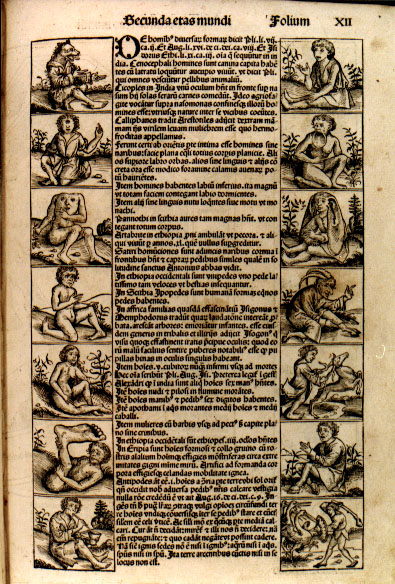Tentative Schedule:
Perspectives in World History
 We must learn to escape from the present,
We must learn to escape from the present,
to withdraw ourselves from. . . the tyranny of our own time
June 9th: Early Modern Europe: Expansion to Absolutism
Unit 1 European Expansion and ReligiousWars [Ch. 16]
Unit 2 European Politics (c. 1500-1700) [Ch. 17]
Unit 3 The Age of Reason [Ch. 18]
Unit 4 Life in 18th-Century Europe [Ch. 19]
June 16th: Africa, the Middle East, and Asia
Unit 5 Africa [Ch. 20]
Unit 6 The Middle East [Ch. 21]
Unit 7 India [Ch. 22]
Unit 8 China and Japan [Ch. 22]
June 23rd: The Age of Revolutions (c. 1775-1871)
Unit 9 Western Politics (1775-1815) [Ch.23]
Unit 10 The Industrial Revolution [Ch. 24]
Unit 11 Ideologies & Upheavals [Ch. 25]
Unit 12 The Age of Nationalism [Ch. 26]
June 30th: The Road to War (c. 1850-1919)
Unit 13 Industrialization and Imperialism[Ch. 27]
Unit 14 The Western Hemisphere & Australia [Ch. 28]
Unit 15 The Great War and Its Aftermath [Ch. 29]
Unit 16 Nationalism in Asia (1914-1939) [Ch. 30]
July 14th: Twentieth-Century Crises (c. 1920-1990)
Unit 17 The Age of Anxiety in the West[Ch. 31]
Unit 18 Dictatorships and WWII [Ch. 32]
Unit 19 Recovery & Crisis: Cold War [Ch. 33]
Unit 20 Decolonization: Asia & Africa [Ch. 34]
Final Comments:
Survey classes are like the Platte River:an inch deep and a mile wide. Depth of knowledge is sacrificed to covera massive amount of material in a limited time. You will be expectedto read the book for breadth. As are most subjects, history iscumulative. Therefore, you are expected to take good notes and participatein class discussions. If you want to do well, please keep up with thereading and ask questions.

